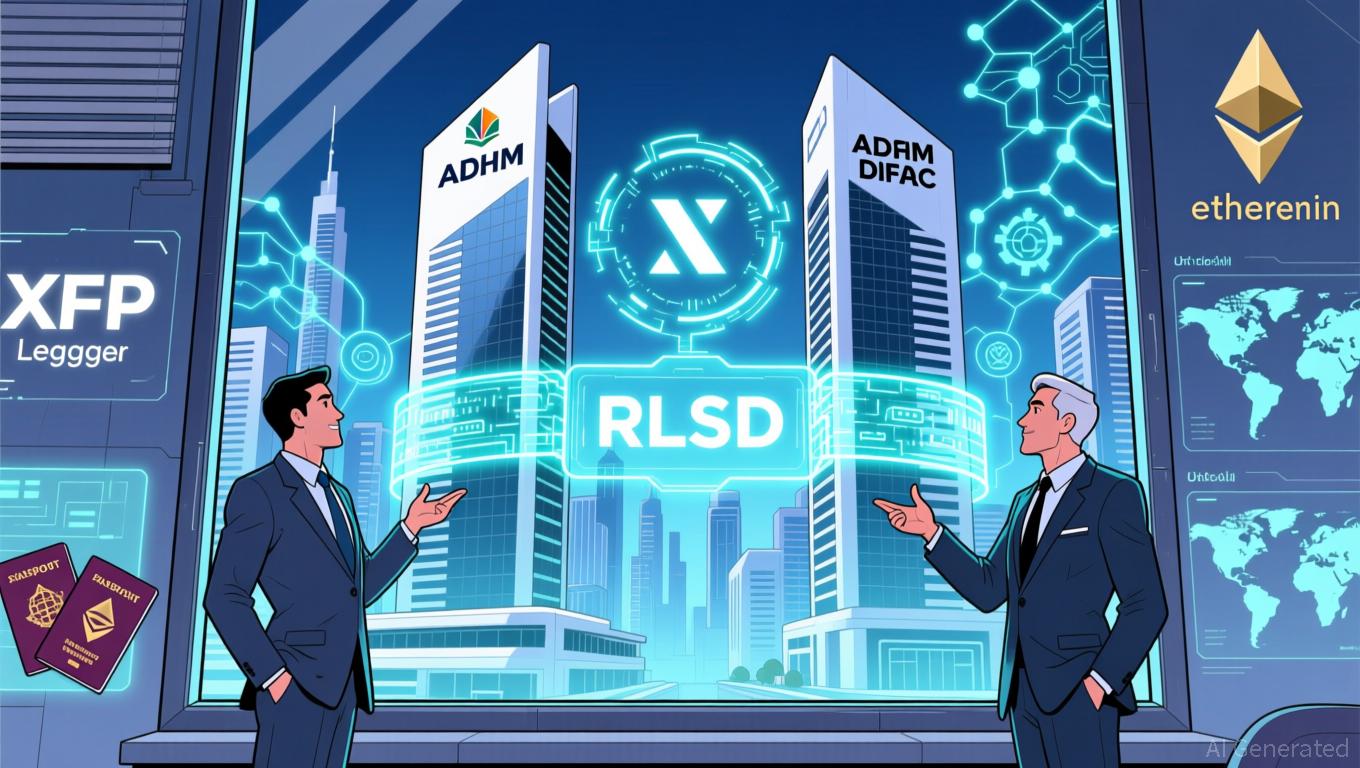Law Firms Take Action Against Corporations Amid Rising Investor Lawsuits
- U.S. law firms like Schall and Gross are leading class-action lawsuits against corporations for alleged investor misrepresentations across sectors. - Cases involve DexCom , MoonLake , Beyond Meat , and Stride , accusing them of concealing risks, overstating drug efficacy, and inflating enrollment figures. - Legal actions highlight SEC's intensified focus on biotech disclosures and edtech compliance, with deadlines set for investor claims by late 2025-2026. - These lawsuits emphasize corporate accountabil
Class-Action Lawsuits Intensify Scrutiny on U.S. Corporations
Across the United States, a surge of class-action lawsuits is challenging companies accused of providing misleading information to investors. Legal groups such as The Schall Law Firm and The Gross Law Firm are at the forefront, seeking to hold businesses responsible for questionable disclosures and financial conduct. Recent legal actions reveal a recurring theme of alleged misstatements in industries ranging from biotechnology to online education, reflecting heightened attention to transparency and ethical practices in corporate reporting.
Key Cases and Allegations
- DexCom, Inc. (DXCM): Investors have initiated legal proceedings, alleging the company failed to reveal risks associated with unauthorized changes to its G6 and G7 glucose monitoring devices. The complaint asserts that DexCom minimized potential health hazards until the issues became public, resulting in substantial financial losses for shareholders.
- MoonLake Immunotherapeutics (MLTX): The company is accused of overstating the effectiveness of its drug candidate, sonelokimab, despite allegedly knowing it lacked significant advantages over competitors. A disappointing Phase 3 trial outcome reportedly caused the stock to plummet by 90%, fueling claims of misleading statements.
- Beyond Meat, Inc. (BYND): The firm is under scrutiny for delaying the announcement of a significant non-cash impairment related to long-term assets, which triggered a 23% drop in share value in a single day. Additionally, postponing its Q3 2025 earnings report further undermined investor trust.
- Stride, Inc. (LRN): This online education provider faces allegations of artificially boosting enrollment numbers with non-existent students, reducing instructor hours below legal thresholds, and suppressing internal reports about profit-driven misconduct. These actions, according to the lawsuit, led to a market correction and financial harm to investors.
- Telix Pharmaceuticals Ltd. (TLX): Investors claim the company exaggerated advancements in its prostate cancer treatments and misrepresented its supply chain capabilities. The Gross Law Firm has notified shareholders to take action by January 9, 2026, to preserve their rights to compensation.
Broader Implications for Corporate Governance
These lawsuits highlight ongoing challenges in ensuring ethical corporate behavior and safeguarding investor interests. The Schall Law Firm underscores its commitment to enforcing accountability and helping investors recover losses, while The Gross Law Firm points to its national expertise in addressing corporate wrongdoing and stresses the urgency of timely legal action in securities matters.
Regulatory Developments and Investor Guidance
The wave of litigation coincides with stricter regulatory oversight, as the U.S. Securities and Exchange Commission (SEC) steps up enforcement against deceptive disclosures. For instance, the Stride case illustrates the SEC’s focus on compliance within the education technology sector, while Telix’s situation demonstrates increased scrutiny of clinical trial reporting in the biotech industry.
Investors are encouraged to respond promptly, as deadlines to participate in these lawsuits fall between December 2025 and January 2026. Both The Schall Law Firm and The Gross Law Firm have set up dedicated contact points for those seeking to join the legal actions, emphasizing the collective power of investor advocacy in securities litigation.
Looking Ahead: Impact on Market Integrity
As these legal battles unfold, they have the potential to shape future standards for corporate responsibility and investor protection, particularly in fields marked by technical complexity or rapid change. Ultimately, these cases serve as a cautionary tale about the risks of relying solely on company disclosures and highlight the essential role of legal oversight in upholding the integrity of financial markets.
Disclaimer: The content of this article solely reflects the author's opinion and does not represent the platform in any capacity. This article is not intended to serve as a reference for making investment decisions.
You may also like
XRP News Today: With Tether and USDC under examination, RLUSD from the UAE stands out as a regulatory-compliant stablecoin option.
- Ripple's RLUSD stablecoin received ADGM approval as a regulated fiat-referenced token in Abu Dhabi, enabling institutional use in payments and treasury management. - Pegged 1:1 to the USD with NYDFS oversight, RLUSD ($1.2B market cap) offers compliance-driven alternatives to USDT/USDC amid global regulatory scrutiny. - UAE's ADGM-DIFC regulatory framework positions the region as a crypto innovation hub, with Ripple expanding partnerships through Zand Bank and Mamo fintech . - The approval aligns with UAE

ZK Atlas Enhancement: Driving Institutional Embrace Amid the Blockchain Scalability Competition
- ZKsync's Atlas Upgrade solves throughput bottlenecks with Airbender RISC-V zkVM, enabling 15,000+ TPS at $0.0001 per transaction. - Modular ZKsync OS reduces gas fees by 70% since 2023, enabling real-time financial applications while maintaining regulatory compliance. - Deutsche Bank and UBS test ZKsync for asset tokenization, highlighting its institutional appeal through privacy-preserving ZK features and sub-second finality. - Upcoming Fusaka upgrade aims to push TPS to 30,000 by December 2025, but reg

Bitcoin Updates: Bitcoin Receives Major-Cap Status as Nasdaq Increases Options Limits Fourfold
- Nasdaq seeks SEC approval to quadruple IBIT options limits from 250,000 to 1 million contracts, aligning Bitcoin ETF with high-liquidity assets like EEM and GLD . - The proposal cites IBIT's $86.2B market cap, 44.6M daily shares traded, and industry support for addressing institutional demand amid Bitcoin's rapid financial instrument maturation. - Experts argue higher limits will reduce spreads, enable sophisticated hedging, and treat Bitcoin as a "mega-cap asset," while Nasdaq also seeks unlimited FLEX

XRP Update: ADGM's Green Light for RLUSD Strengthens UAE's Pursuit of Digital Financial Growth
- Ripple's RLUSD stablecoin secured ADGM approval as an institutional fiat-backed token in November 2025, following DIFC's June 2025 greenlight. - The UAE's dual regulatory endorsements position RLUSD for cross-border settlements, with $1.2B market cap driven by institutional demand for collateral and treasury tools. - ADGM's stringent oversight framework requires full reserve backing and AML compliance, aligning RLUSD with global standards under NYDFS charter . - XRP prices surged 24% in late 2025 amid $1
